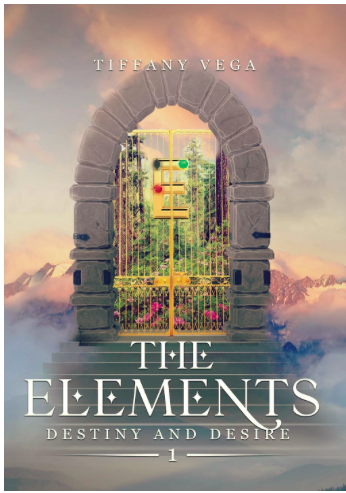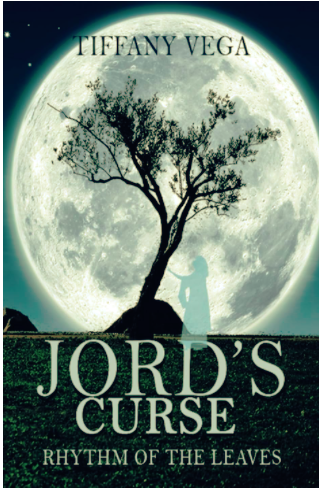The Allure of Fantasy: Why Writers are Drawn to Magical Worlds
Fantasy has long been a beloved genre, captivating both readers and writers with its boundless potential. From the ancient epics of mythology to the sprawling worlds of modern high fantasy, this genre allows writers to explore the deepest corners of their imagination. But what is it about fantasy that draws writers so irresistibly? What compels them to create realms where dragons soar, magic pulses through the air, and heroes embark on epic quests?
Here are some key reasons why fantasy is such an enticing genre for writers.
1. The Freedom to Create New Worlds
One of the most compelling aspects of writing fantasy is the sheer freedom it offers. In fantasy, the writer is not bound by the laws of physics, geography, or even reality itself. This freedom to create entirely new worlds—from the complex societies of Middle-earth to the vibrant lands of Narnia—allows writers to explore ideas and themes in ways that might not be possible in more grounded genres.
The process of world-building is often a labor of love for fantasy writers. They craft intricate histories, diverse cultures, and unique ecosystems, creating a tapestry that feels as real as our own world, yet tinged with the fantastical. This act of creation is not just about setting; it's about designing a playground where the imagination can run wild.
2. Exploring Universal Themes Through the Fantastic
Fantasy, despite its often otherworldly settings, is deeply rooted in universal human experiences. Writers are drawn to the genre because it allows them to explore complex themes—good versus evil, the hero’s journey, the nature of power, the struggle for identity—through a fantastical lens.
By stripping away the familiar and placing characters in extraordinary circumstances, fantasy can offer fresh perspectives on these timeless themes. The battles between light and darkness in fantasy novels, for instance, are not just about sword fights and magic spells; they are metaphors for the internal and external struggles that define the human experience.

3. The Joy of Escapism
For both writers and readers, fantasy offers a refuge from the mundane. In a world that can often feel overwhelming and chaotic, the act of creating or immersing oneself in a fantasy world can be a powerful form of escapism. Writers are drawn to the genre because it allows them to step outside the constraints of the everyday and explore a reality where anything is possible.
This escapism is not about avoiding reality but rather about engaging with it in a different way. Through the lens of fantasy, writers can examine real-world issues—such as oppression, corruption, or environmental destruction—in a setting that feels distant enough to allow for deeper reflection.
4. The Appeal of Timeless Archetypes
Fantasy is a genre that thrives on archetypes: the hero, the villain, the mentor, the trickster. These timeless figures resonate with readers on a deep level, and writers are drawn to the genre because it allows them to play with these archetypes in creative ways.
By reimagining these familiar characters and placing them in new and challenging situations, fantasy writers can explore what it means to be a hero, the nature of evil, or the complexities of destiny. The flexibility of these archetypes also allows writers to subvert expectations, offering fresh takes on old stories.
5. A Deep Connection to Myth and Legend
Fantasy is often deeply intertwined with mythology and folklore. Writers are drawn to the genre because it allows them to tap into the rich vein of stories that have been passed down through generations. By drawing on these ancient tales, fantasy writers create stories that feel timeless, yet new.
This connection to myth and legend also allows writers to explore cultural heritage and personal identity. Whether they are reinventing a familiar myth or creating an entirely new one, fantasy writers can use these stories to explore their own roots and the roots of the cultures they write about.
6. The Challenge of Crafting Magic Systems
For many fantasy writers, the creation of a magic system is one of the most exciting and challenging aspects of writing in the genre. Magic is a core element of fantasy, and crafting a system that feels unique, consistent, and integral to the world can be a complex puzzle.
Writers are drawn to this challenge because it allows them to stretch their creativity and problem-solving skills. A well-crafted magic system adds depth to the world and serves as a vehicle for plot and character development. The rules of magic—how it works, its limitations, and its costs—can drive the story in unexpected directions, offering endless possibilities for innovation.

7. The Opportunity to Inspire and Empower
Finally, fantasy offers writers the chance to inspire and empower their readers. Through tales of heroism, resilience, and transformation, fantasy can offer hope and encouragement. Writers are drawn to the genre because it allows them to tell stories that resonate on an emotional level, stories that can inspire readers to see their own potential for greatness.
In a world where challenges and uncertainties are a constant, fantasy provides a space where readers can explore the possibilities of courage, friendship, and love. Writers are motivated by the desire to create these stories, to offer a beacon of light in a sometimes dark world.
Conclusion
The allure of fantasy lies in its limitless possibilities. For writers, it is a genre that offers the freedom to create, the opportunity to explore deep themes, and the chance to inspire others. Whether it’s through the creation of new worlds, the exploration of universal truths, or the crafting of intricate magic systems, fantasy allows writers to tap into the full potential of their imagination. It’s no wonder that so many writers are drawn to this magical, transformative genre.
